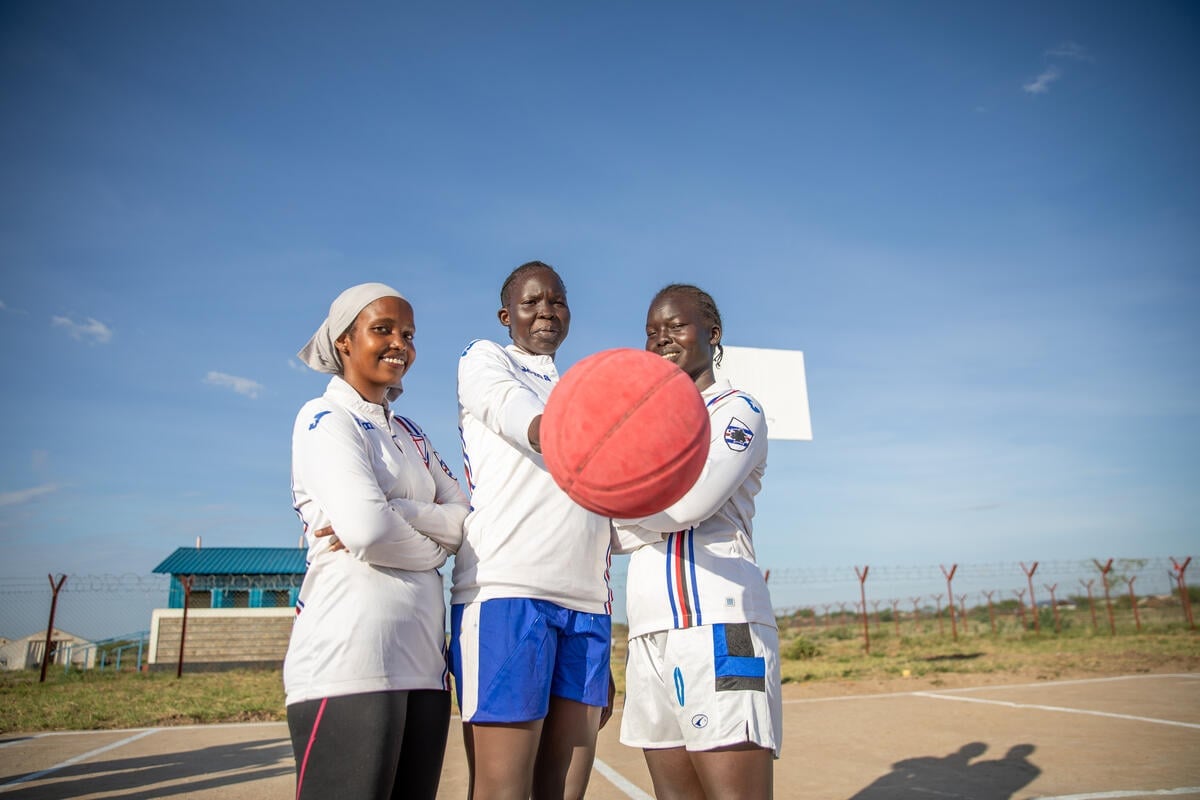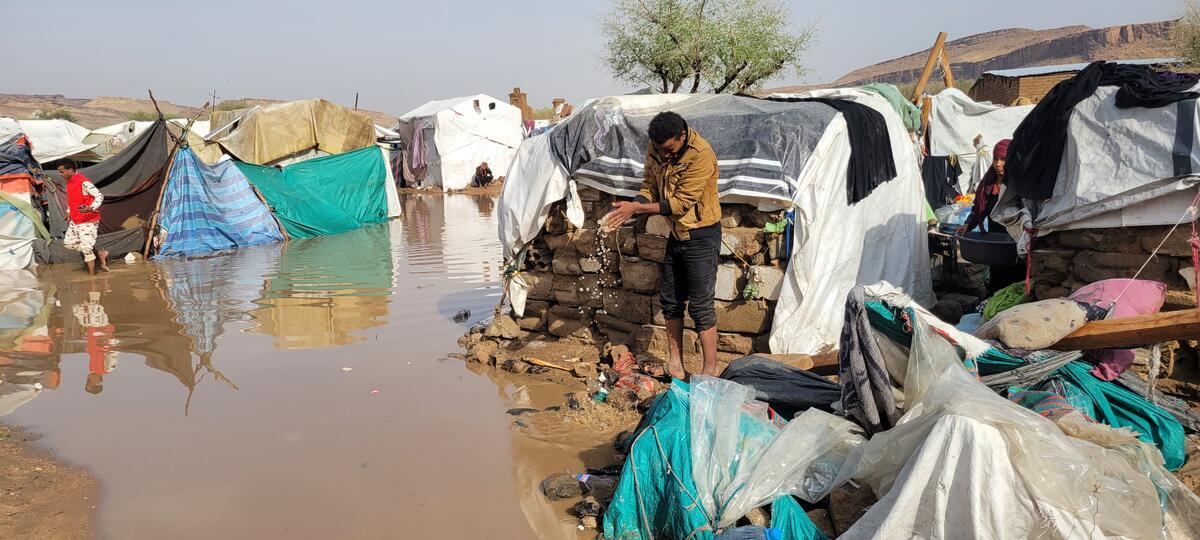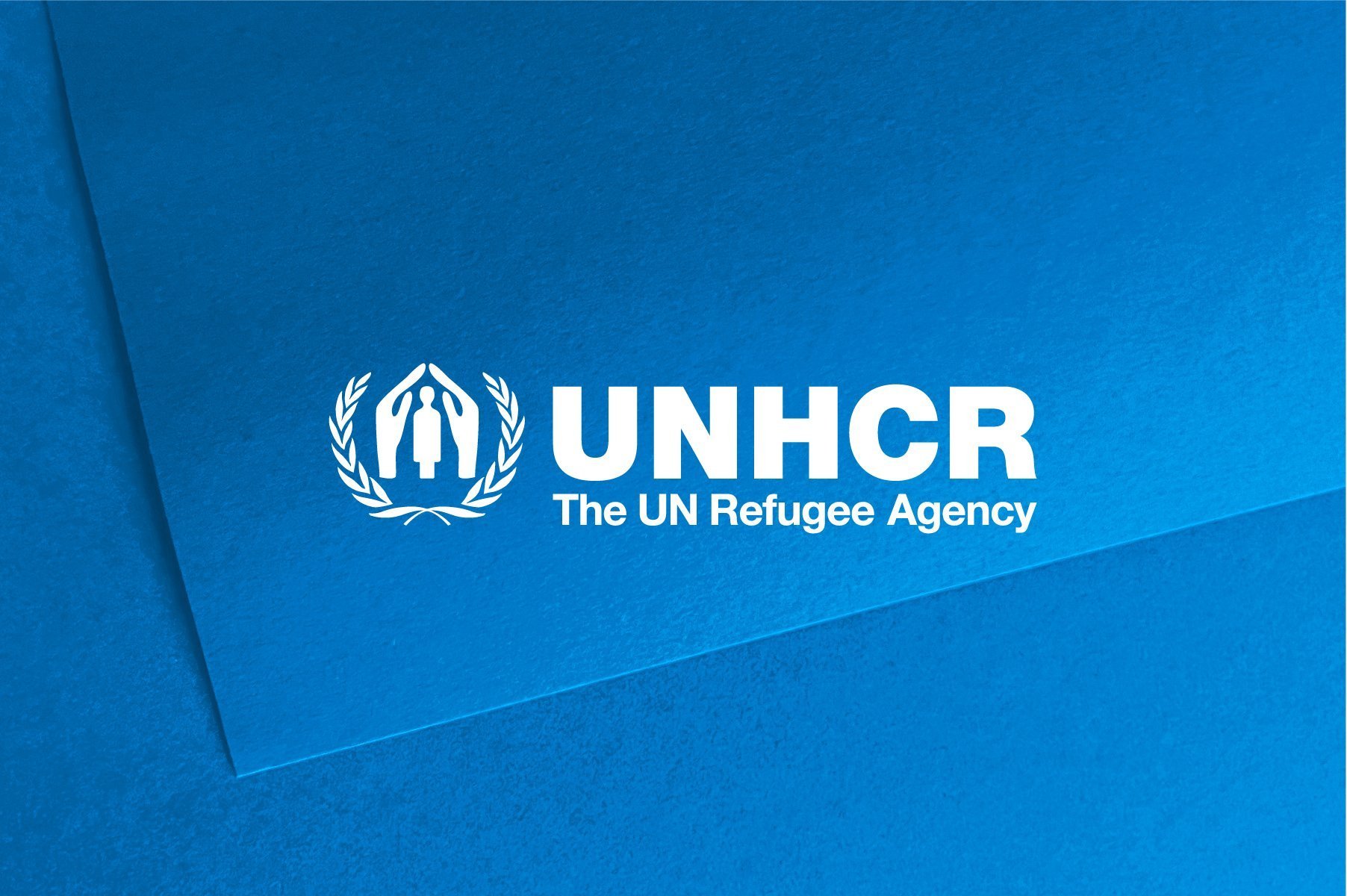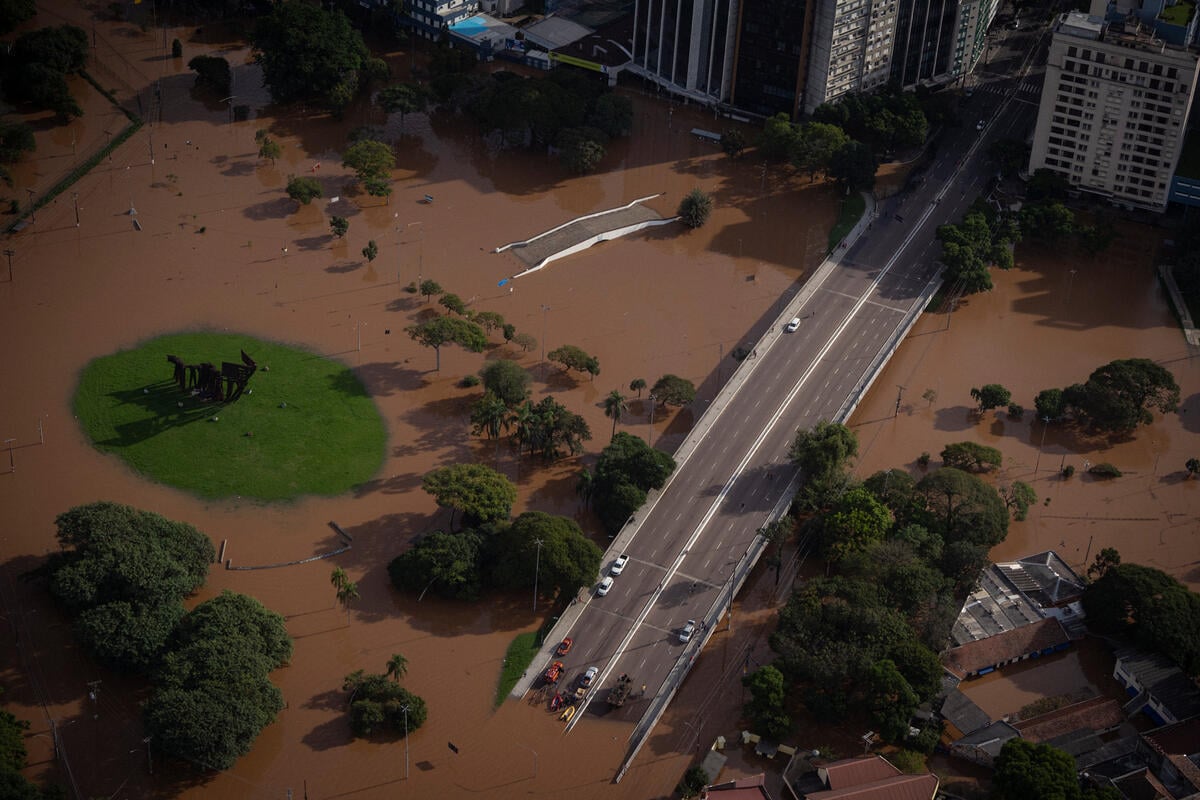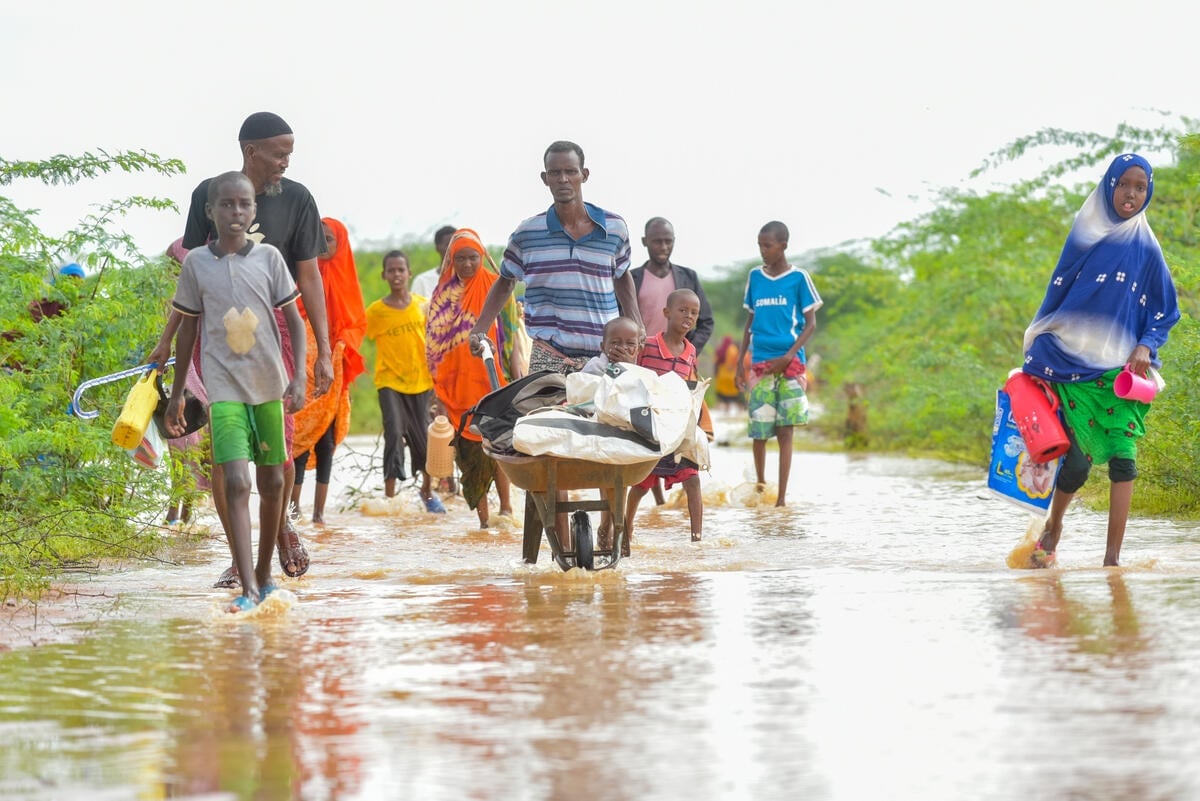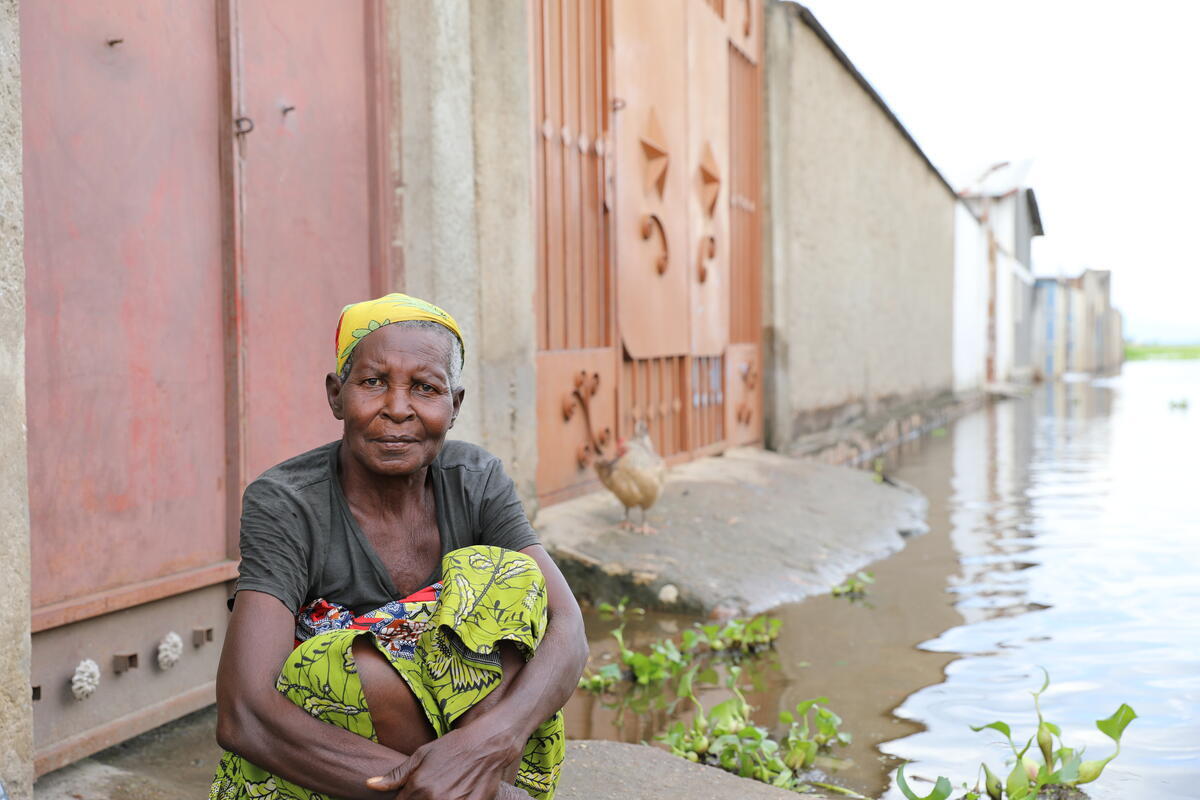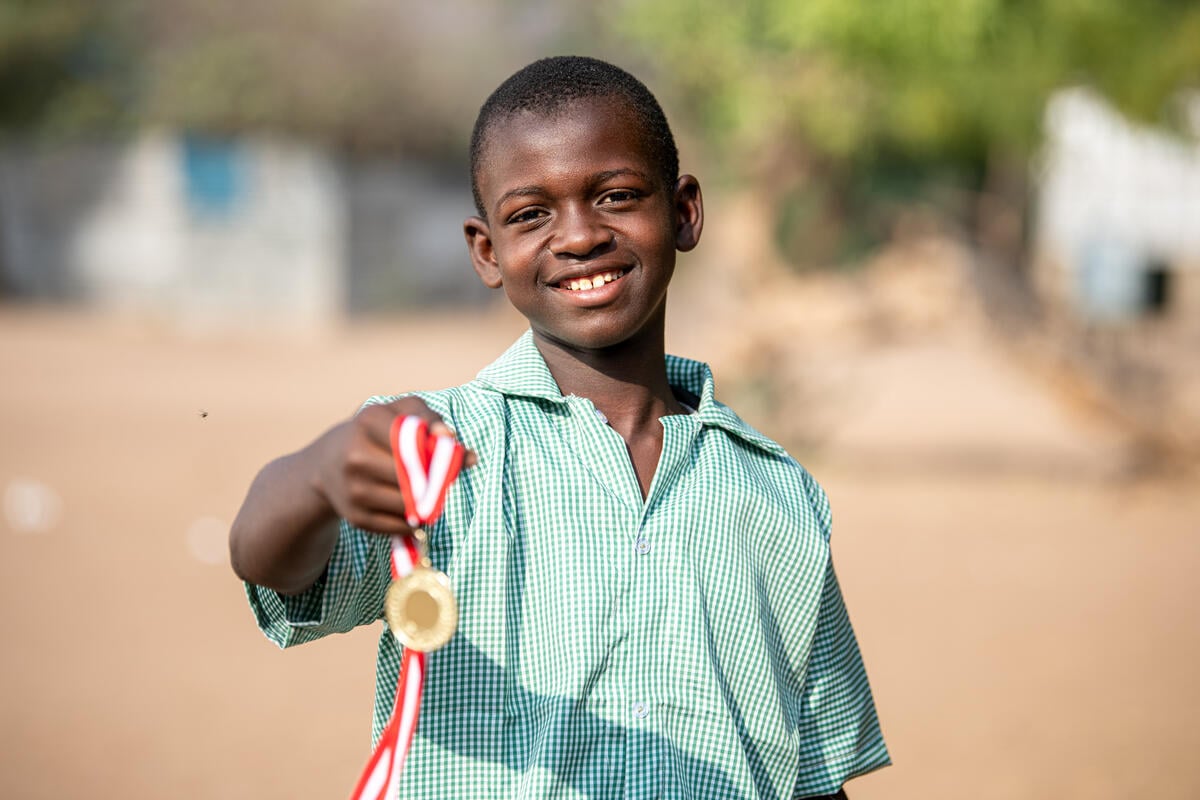UNHCR starts refugee repatriations from Djibouti to Somaliland
UNHCR starts refugee repatriations from Djibouti to Somaliland
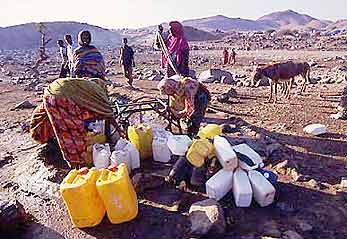
NAIROBI, July 15 (UNHCR) - A first convoy of Somali refugees left Djibouti for home in north-western Somalia on Saturday, a move hailed by UNHCR as a "milestone" that needed to be sustained with more funds for reintegration.
On Saturday morning, the first batch of 231 refugees crossed over at Loyaado border point in Zeila district after a long and dusty drive across the scorching Horn of Africa terrain. A total of 47 families were transported in 10 trucks from Hol-Hol camp to Hargeisa, the capital of north-western Somalia, also known as Somaliland.
Similar convoys will now take place every two days until the end of July, when there will be a halt to the voluntary repatriations for about six weeks due to the intense heat that hits temperatures well over 40°C. A total of nearly 14,000 refugees - out of a camp population of 21,700 - have now registered to return. Most have been out of the country for over 10 years.
"With the ongoing return of Eritrean refugees from Sudan and Somali refugees from Ethiopia, this is another milestone," said UNHCR Representative for Somalia Simone Wolken, reflecting on the new operation's significance for the protracted refugee crisis in the East and Horn of Africa.
Wolken said the process, which was 100 percent voluntary, once again demonstrated how the restoration of peace and stability encouraged exiled communities to return home. She praised the two governments for agreeing on the details of the repatriation process over a long negotiating period.
"We are particularly encouraged by the support and commitment demonstrated by the authorities both in Djibouti and Somaliland to help this operation move forward, and by the enthusiasm with which the people and authorities are working with their brothers and sisters back home," Wolken added.
She appealed, however, for more donor funding that was urgently needed if the repatriation operation was to continue beyond the limited resources of some $500,000 made available from UNHCR's reserve fund.
Over 11,000 Somali refugees have already returned home this year from Ethiopia. The refugees go back to a hard life, and UNHCR and its partner agencies have already embarked on considerable reintegration activities to meet the most pressing needs in the areas of return.
Enrique Vallez, UN Development Programme (UNDP) programme manager in Hargeisa, said that as part of this co-operation with UNHCR, some 17 projects were currently being implemented in the Burao and Hargeisa areas.
"These range from infrastructure projects to emergency assistance for internally displaced persons, urban and rural water supplies, income generation projects, health, shelter, sanitation, livestock and capacity-building for local governments," he added.
Wolken agreed the needs were enormous, particularly as many of those who are returning are going to some of the most remote and underdeveloped parts of Somaliland, but said the refugees were anxious to start life anew in their homeland.
"UNHCR cannot thank the people and government of Djibouti enough for having hosted some 25,000 Somali refugees among them for over a decade. Considering the economic challenges Djibouti and its people face, the generosity of Djibouti towards Somali refugees has been exemplary," she concluded.
At the height of the Somali civil war in 1991/92, over 800,000 Somali refugees fled to Kenya, Ethiopia, Djibouti and Yemen in one of the fastest and largest population displacements in Africa. Last year, more than 50,000 Somali refugees - mainly from camps in Ethiopia - returned to north-western Somalia.


